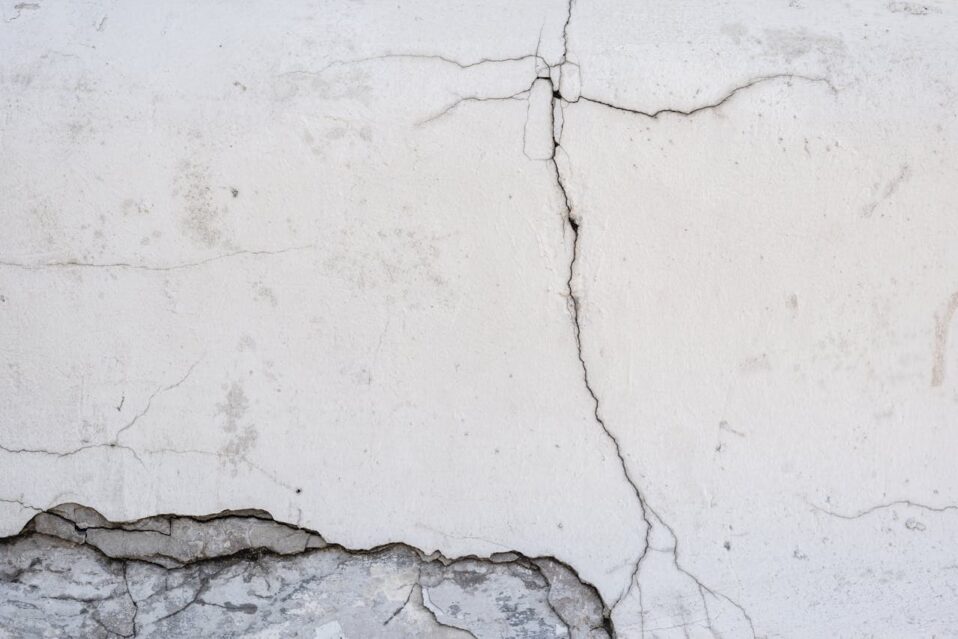By Dana Sheanin, Jewish LearningWorks’ CEO. Published originally through The Jewish News of Northern California.
In the Talmud, we read that the true guardians of a community are its teachers. Unfortunately, as I end my fourth year as CEO of Jewish LearningWorks, the Bay Area’s hub for educator learning and community, I am deeply worried about our teachers.
Since Oct. 7, our small team has spoken with nearly 150 Jewish professionals, including preschool teachers, clergy, camp directors and CEOs. We undertook a listening tour as the war began to ask them how they were, and what they needed from us. And what we have heard over and over again is that they are grieving, exhausted and concerned about the future of their organizations.
The Bay Area is fortunate to house many Jewish organizations, from hundred-year-old legacy organizations such as Jewish LearningWorks to brand-new startups. We have synagogues, camps and philanthropies. We have meditation centers, maker spaces and an urban farm. There is tremendous opportunity for Jews of all ages and stages who want to learn and grow together. And we have been reminded of the strength and commitment of our community as we have rallied to support Israel.
However, I fear we have also begun to take our infrastructure for granted. Since Oct. 7, our community has generously contributed more than $25 million through the Jewish Community Federation and Endowment Fund to support those in need in Israel — but local organizations are quite literally paying the price.
Prior to the start of the war, many of us were still working to recover from losses suffered during the pandemic. We were doing this amidst well-documented clergy and teacher hiring crises, in organizations where professionals are now routinely expected to do the equivalent of two or three jobs as a result of pandemic budget cuts. Since the war began, many of our local agencies are facing significant budget shortfalls, due to the redirection of philanthropic dollars to Israel.
“While Jewish professionals often feel truly called to the work of education and engagement, it is safe to say that many of us have reached a crossroads”
We are all heartbroken about the war and its impact on global Jewry. At the same time, while Jewish professionals often feel truly called to the work of education and engagement, it is safe to say that many of us have reached a crossroads. Over and over again in recent weeks, I have been told that this will be someone’s last year, last summer, last Pesach in the role they are in. We are exhausted, we are sad, we are afraid, and we need our community’s financial support.
I have always believed that it is because of the teachers who were my Jewish role models that I occupy a position of leadership in the community. It is why I continue to aggressively champion funding for professional development. While supporting and training teachers is neither new nor glitzy, it is a cornerstone of Jewish identity development. The work Jewish educators do every day not only empowers children from preschool through high school to embody Jewish values, it builds character, creates resilience and nurtures our future leaders.
As Jews and their loved ones become more fearful in the face of growing antisemitism, and more polarized because of the war and approaching presidential election, we need our tapestry of Jewish organizations more than ever. Consider how you and your loved ones have relied on these places where we come together to laugh, cry, learn and take action. Reflect on the times you have needed your rabbi, teachers, or multigenerational relationships to lean on when life has been hard. I can recall many of these times. And, for the first time in my 30-year career, I have begun worrying about what life without them may look like for my children and future grandchildren.
During Pesach, we read Hallel, a selection of joyful psalms, including this beautiful passage that I learned as a day school student: “The stone that the builders rejected has become the cornerstone.” Chanting this line offers us a reminder that we ought not take things that are foundational for granted.
If we want the community that we love and lean on to be here for us after the war, after the election, after the next crisis, we are obligated to nurture and invest in it now. Your organization and your teachers are your cornerstones. We need your support.



